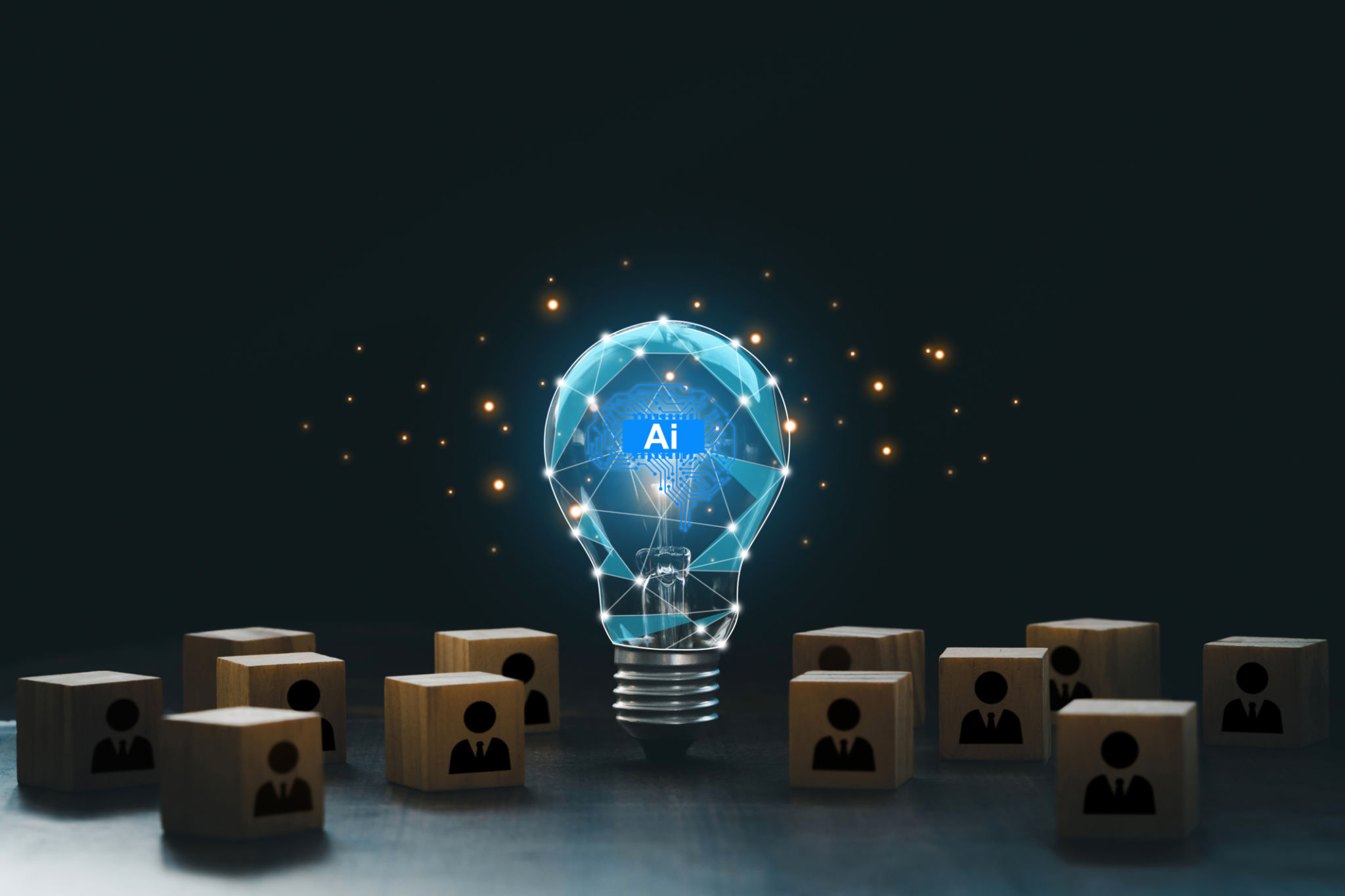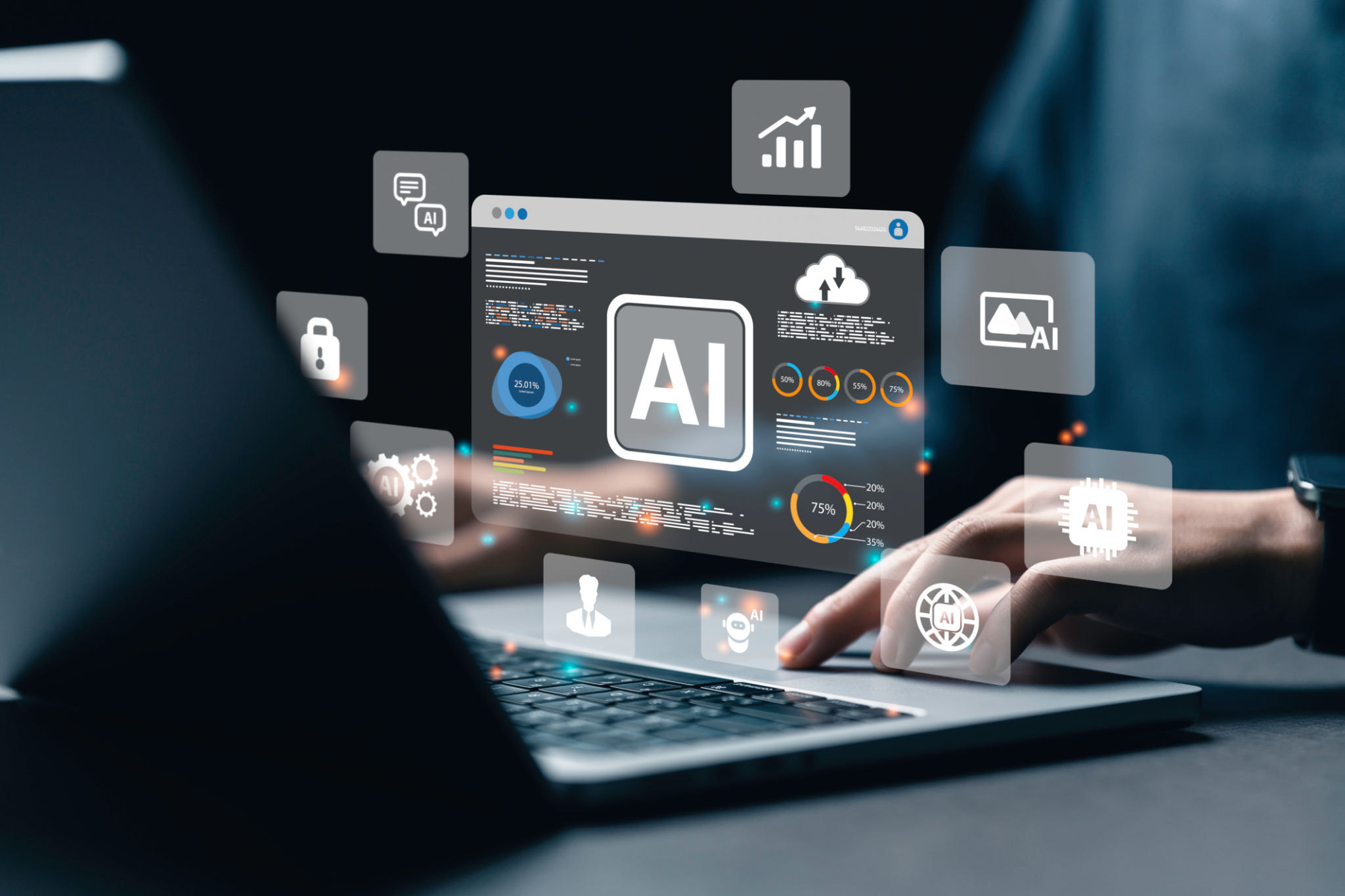AI Integration in Marketing: Boosting Your Brand's Digital Strategy
Understanding AI Integration in Marketing
Artificial Intelligence (AI) has rapidly transformed the marketing landscape, offering brands innovative ways to connect and engage with their audience. By integrating AI into marketing strategies, businesses can enhance customer experiences, improve decision-making, and streamline operations. The power of AI lies in its ability to analyze vast amounts of data quickly and efficiently, providing insights that were previously unattainable.

Personalization at Scale
One of the most significant advantages of AI in marketing is its ability to deliver personalized experiences to customers. AI algorithms can analyze user behavior, preferences, and interactions to create tailored content and offers. This level of personalization not only increases customer satisfaction but also boosts conversion rates. Brands can now engage with their audience on a more personal level, fostering loyalty and trust.
Using AI for Customer Segmentation
AI tools can segment audiences based on various parameters such as demographics, purchasing behavior, and online activity. By understanding these segments, marketers can craft targeted campaigns that resonate more effectively with each group. This precision targeting ensures that marketing efforts are not wasted and resources are utilized optimally.

Enhancing Decision-Making and Strategy
AI empowers marketers to make informed decisions by providing deep insights into market trends and consumer behavior. Predictive analytics, powered by AI, can forecast future trends and consumer needs, allowing brands to stay ahead of the competition. With AI, marketers can test and refine strategies in real-time, ensuring campaigns are both effective and efficient.
Automating Routine Tasks
AI also plays a crucial role in automating repetitive tasks, freeing up valuable time for marketers to focus on creativity and strategy. From scheduling social media posts to managing email campaigns, AI-driven tools can handle these tasks with precision and consistency. This automation not only increases productivity but also reduces the chances of human error.

Improving Customer Experience
Brands are leveraging AI to enhance customer interactions through chatbots and virtual assistants. These AI-driven tools provide instant support and assistance, improving customer satisfaction and retention rates. By offering 24/7 support, brands can ensure they are always available to address customer queries and concerns.
Data-Driven Insights
Data is at the heart of AI integration in marketing. By collecting and analyzing customer data, AI provides valuable insights that inform marketing strategies. This data-driven approach allows brands to anticipate customer needs and deliver relevant content at the right time, enhancing the overall customer journey.

Challenges and Considerations
While AI offers numerous benefits, brands must also be aware of the challenges it presents. Data privacy and security are major concerns that need to be addressed to build consumer trust. Additionally, integrating AI requires investment in technology and training, which can be a significant barrier for some businesses.
The Future of AI in Marketing
The future of AI in marketing looks promising as technology continues to evolve. Brands that embrace AI today will be well-positioned to lead in the digital age. By staying informed about the latest AI developments and understanding how to effectively integrate them into their strategies, marketers can ensure their brands remain competitive and relevant.
In conclusion, AI integration in marketing is not just a trend; it's a necessity for brands looking to thrive in today's digital world. By leveraging AI's capabilities, businesses can boost their digital strategy, enhance customer experiences, and achieve greater success.